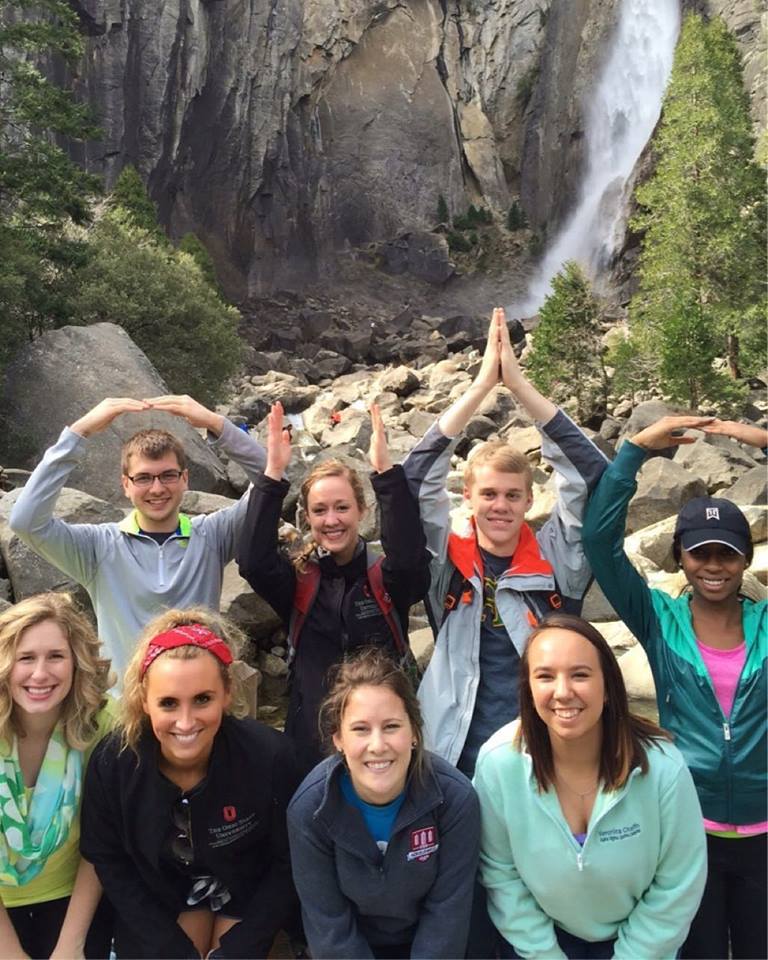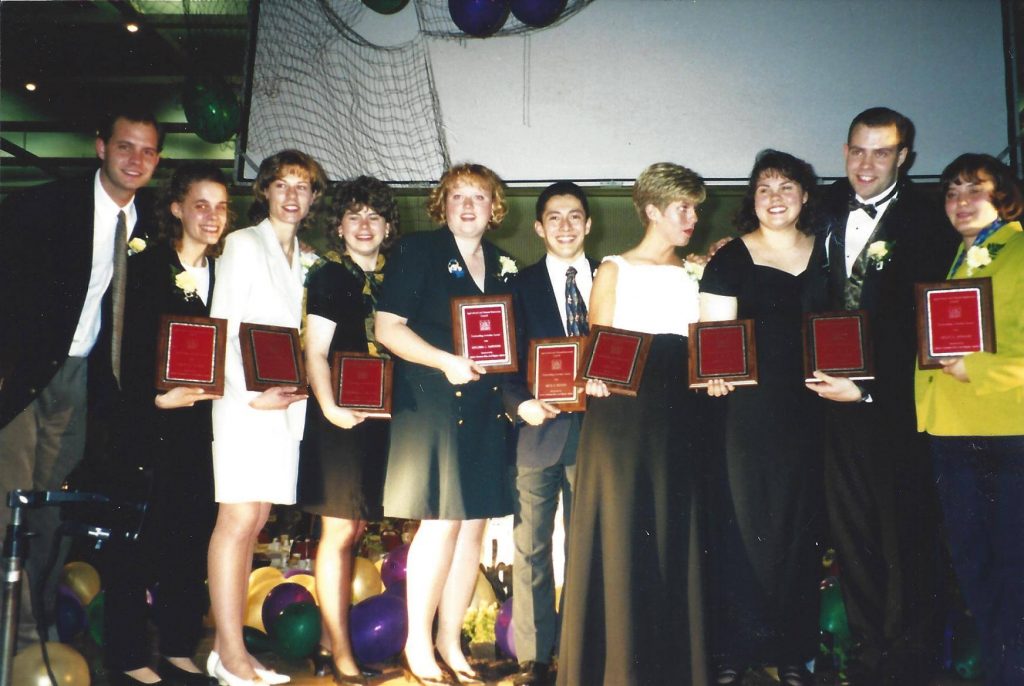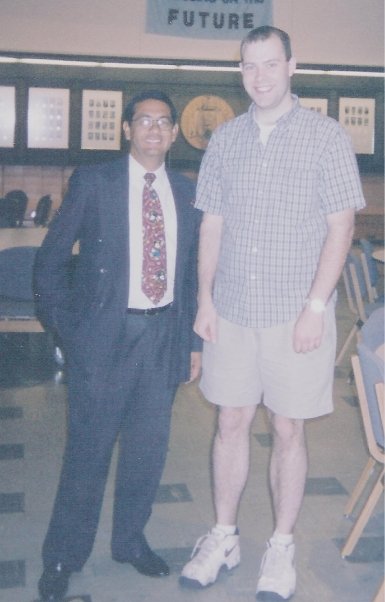Thomas Kremer is from Versailles, Ohio and received his bachelor’s degree in 1969 and his master’s degree in 1975, both in agricultural education. He is now a retired high school agriculture teacher living in Anna, Ohio.
[ACEL]: Hi Tom! Why did you select the agricultural education major? [Kremer]: I decided as a sophomore in high school that I wanted to be an agriculture teacher. My decision was greatly influenced by my high school agriculture teacher, Mr. Ron Vogel.
Why did you choose to attend The Ohio State University?
I chose Ohio State because in 1965 it was the only in state university with an agriculture college.
How did your education at Ohio State influence your choice or your career path?
Already knowing what I wanted to do, I declared my major as a second quarter freshman.
What were you involved in as an Ohio State student?
I was a member of the Agricultural Education Society and a member of Delta Theta Sigma agriculture fraternity.
Coming from a small rural community and being the first and only member of my family to attend a four year college, the educational and social growth opportunities at OSU were vital for my personal maturity and professional preparation.
What classes did you enjoy the most while at Ohio State?
I enjoyed the animal science classes the most as they prepared me for my teaching career. Even though Dr. Jack Cline’s livestock nutrition class was very challenging it gave me a great foundation in animal nutrition and science.
Dr. John Starling, my graduate school academic advisor, had a great impact on my career. He directed me into classes that best prepared me for my profession. But the person most responsible for my success as an agriculture teacher was Odell Miller. Mr. Miller was my cooperating teacher during my student teaching and has remained a lifelong mentor. He prepared and inspired me toward a successful career.
What is your favorite memory related to your time at Ohio State?
My favorite memory of life at Ohio State would have to be the brothers of Delta Theta Sigma Fraternity and the Buckeye football games.
What was your first job following your education at Ohio State?
My first job after graduation from Ohio State was the agriculture teacher at Fr. Recovery High School in Ft. Recovery, Ohio.
Share the different positions you have held throughout your career.
I was the agriculture teacher at Ft. Recovery for two years. I became the Farm Management teacher at the Montgomery Joint Vocational School for four years. I completed my teaching career as the agriculture science teacher at Anna Local School for twenty-five years. Following my teaching career I owned and operated Kremer Equipment and Supply for seventeen years. During those years I provided tools, supplies and equipment for agriculture teachers throughout Ohio.
During your career, honors or awards have you been presented?
I was honored to serve as President of the National Association of Agricultural Educators (NAAE). I was a member and served as Secretary of the National Council for Agriculture Education. I was a member of the American Vocational Association/Association of Career and Technical Educators (AVA/ACTE) policy committee. I served on the National FFA Board of Trustees and also served as a consultant for the National FFA Board of Directors. I was also honored to serve as vice president, president elect, president and past president of the Ohio Vocational Agriculture Teachers Association. I served on the Board of Directors for the Ag Ed Magazine. I was honored to be chosen as the Ohio Association for Career & Technical Education (OVATA) Vocational Educator of the year and the Association for Career & Technical Education (ACTE) Region I Vocational Educator of the Year. I was nominated for the Disney Foundation Teacher of the Year. I received my Honorary State and American FFA Degrees. I received the OVATA Outstanding Teacher Award twice. I was recently nominated and honored to receive the NAAE Lifetime Achievement Award.
As of today, what is your favorite career highlight?
I have three career highlights that are my favorites. The first was when my student, Bruce Kettler, was elected Ohio State FFA President and then went on to serve as a National FFA officer and is currently serving as the Indiana Director of Agriculture. The second was when I was elected President of NAAE and served on the board for five years. The third is that I have been blessed with having seven former students become agriculture teachers.
What advice would you give to a current student?
My advice to a current student is to find a job or career that you really love and you will never dread having to go to work every day.
What did ACEL cultivate in you? How?
The Ohio State Department of Agricultural Education (now ACEL) offered me the means and opportunities to prepare for a successful career in my profession as a “life toucher”.



























